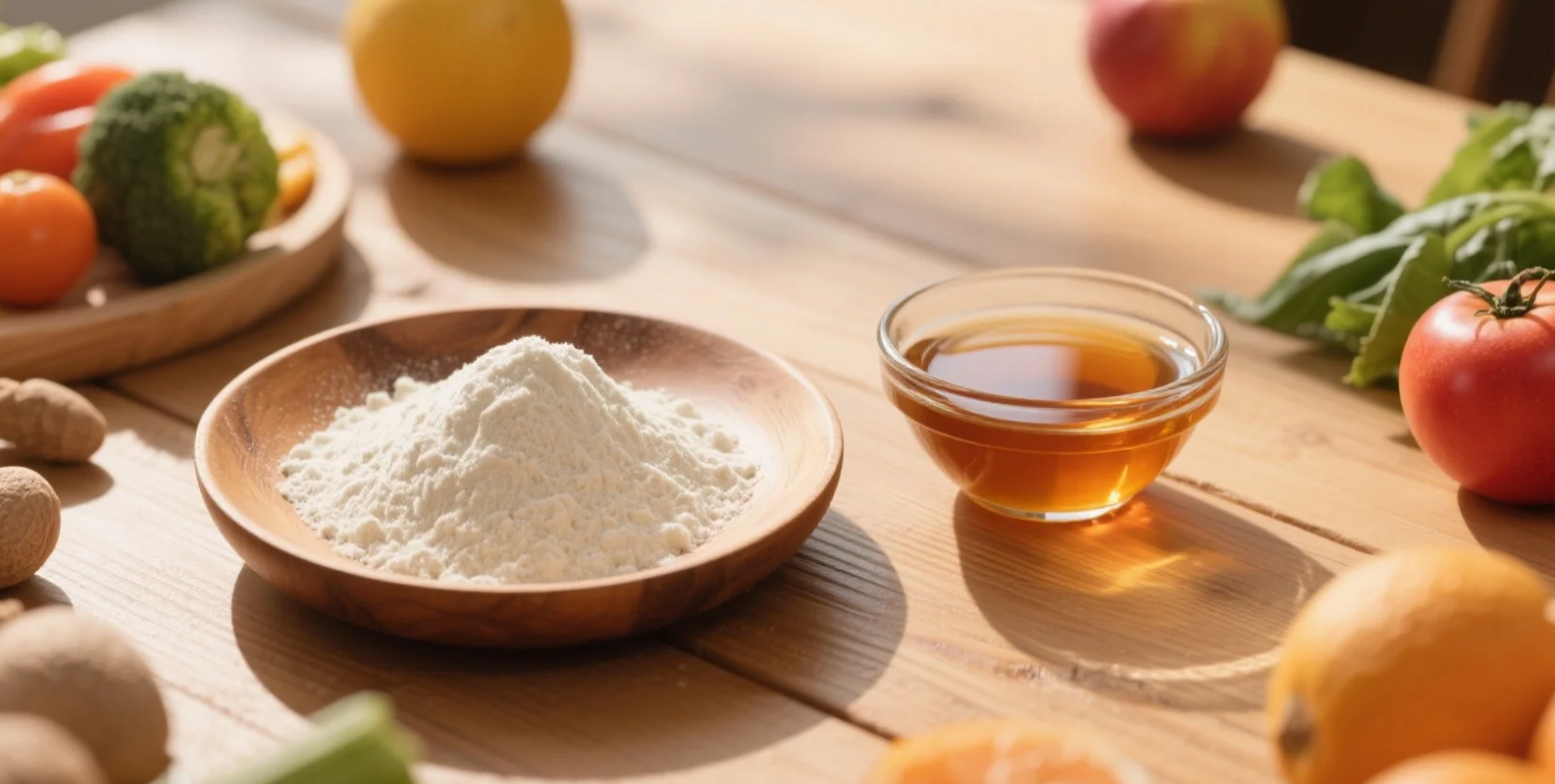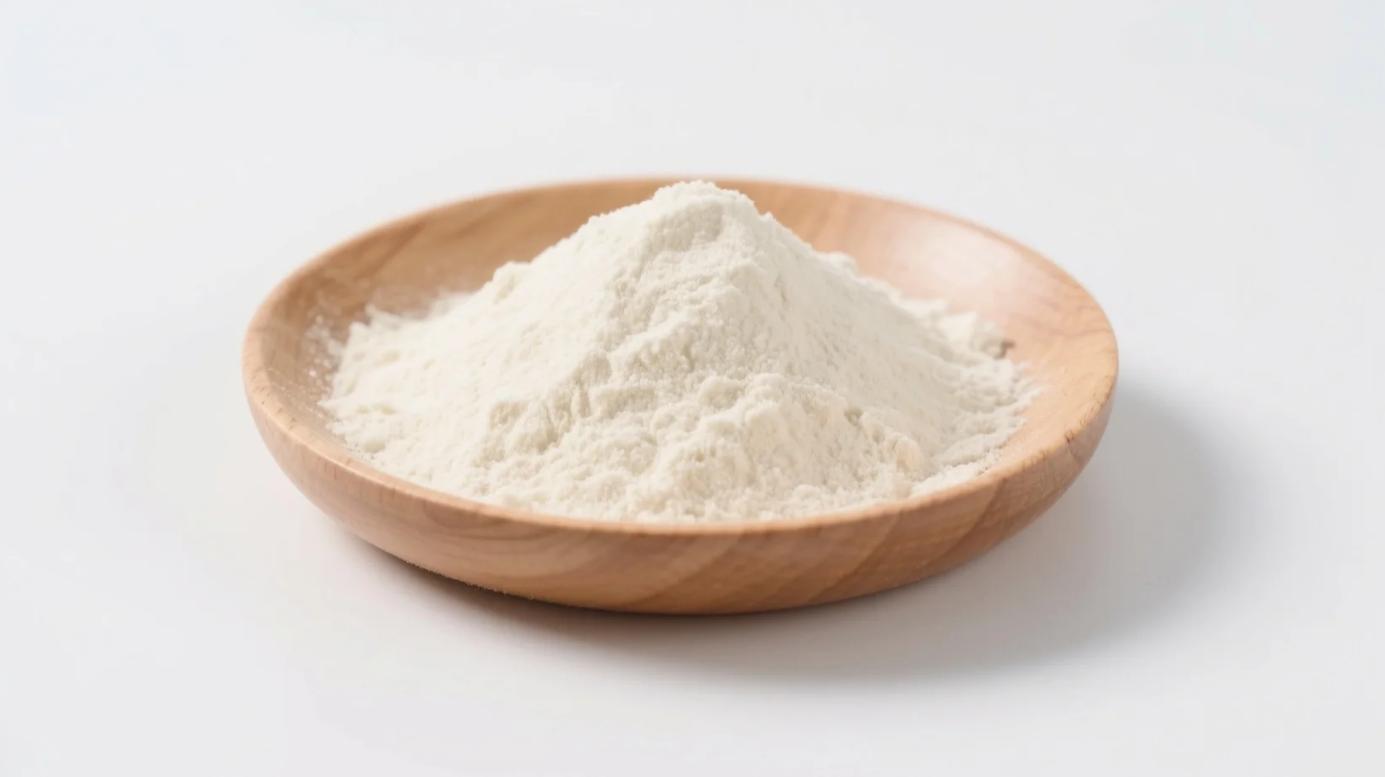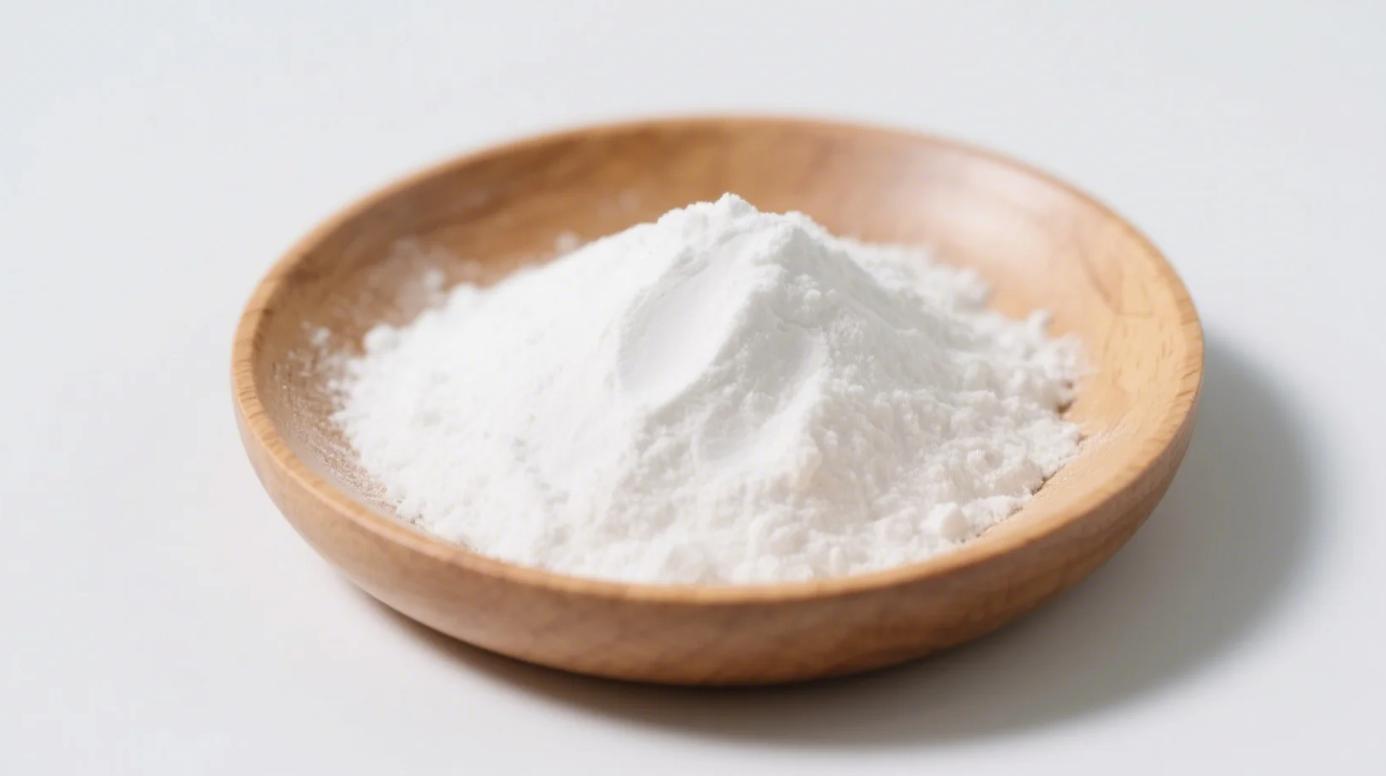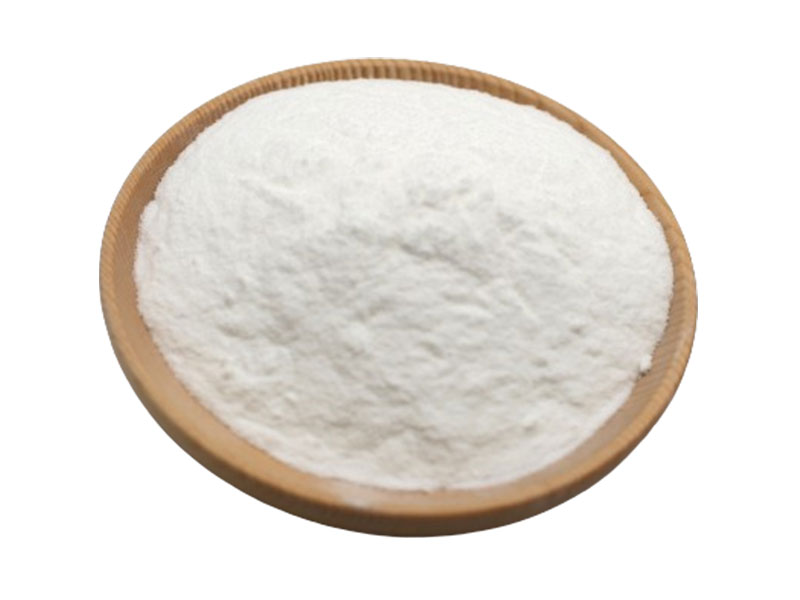The functional food and beverage market is rapidly expanding, fueled by consumer demand for health-focused, clean-label, and fiber-enriched products. Dietary fiber is a key ingredient in this sector, but not all fibers are created equal. Among the options available, organic resistant dextrin stands out for its versatility and consumer appeal. How does it compare with other common fibers? Let’s take a closer look.
Understanding Organic Resistant Dextrin
Organic resistant dextrin, also known as resistant maltodextrin, is a soluble dietary fiber derived from natural starch sources. Unlike conventional carbohydrates, it resists digestion in the small intestine, reaching the colon where it serves as a prebiotic to support gut health.
Comparing Resistant Dextrin with Other Dietary Fibers
- Inulin vs. Resistant Dextrin
- Inulin provides prebiotic benefits but can cause bloating and gas for sensitive individuals.
- Resistant dextrin offers similar prebiotic effects but is gentler on digestion, making it more suitable for a wider range of consumers.
- Psyllium Husk vs. Resistant Dextrin
- Psyllium husk is effective for bowel regularity but often affects texture and taste in food products.
- Resistant dextrin is nearly taste-free and highly soluble, integrating smoothly into beverages, snacks, and supplements.
- Polydextrose vs. Resistant Dextrin
- Polydextrose adds bulk and fiber but may alter flavor.
- Resistant dextrin enhances fiber content without compromising taste or stability, making it more formulation-friendly.
- Traditional Fibers (Oats, Wheat Bran) vs. Resistant Dextrin
- Cereal fibers are valuable but limited in application and often impact texture.
- Resistant dextrin is highly versatile across beverages, bakery, dairy alternatives, and supplements.
Why Resistant Dextrin is the Better Choice for Functional Foods
- Neutral Taste & High Stability – Does not affect product flavor or shelf life.
- Gentle Digestive Support – Provides fiber benefits without discomfort.
- Low Glycemic Index – Suitable for diabetic-friendly and weight management products.
- Clean-Label Advantage – Organic certification meets consumer demand for natural, traceable ingredients.
Applications in Modern Food Innovation
Food and beverage brands are incorporating organic resistant dextrin into:
- Functional beverages for digestive health.
- Bakery & snacks to boost fiber without altering sensory qualities.
- Nutritional supplements designed for gut health, weight control, and overall wellness.
While inulin, psyllium, and other fibers each have unique benefits, organic resistant dextrin offers a balanced, formulation-friendly, and consumer-approved solution. Its neutral taste, digestive comfort, and clean-label appeal make it one of the most effective fibers for functional foods and beverages today.
Explore Premium Solutions: At BIOSTARCH, we provide organic resistant dextrin powder and syrup to help brands create innovative, fiber-enriched products. Contact us to learn more about our bulk supply options.
Related Products
Organic Resistant Dextrin
Low-Calorie Prebiotic Fiber for Digestive Health & Clean-Label Formulations
Organic Inulin
Premium Prebiotic Fiber for Nutraceuticals, Food & Beverage Industries
Organic Maltodextrin Powder
Versatile Clean-Label Carbohydrate for Food, Beverage & Nutraceutical Applications



